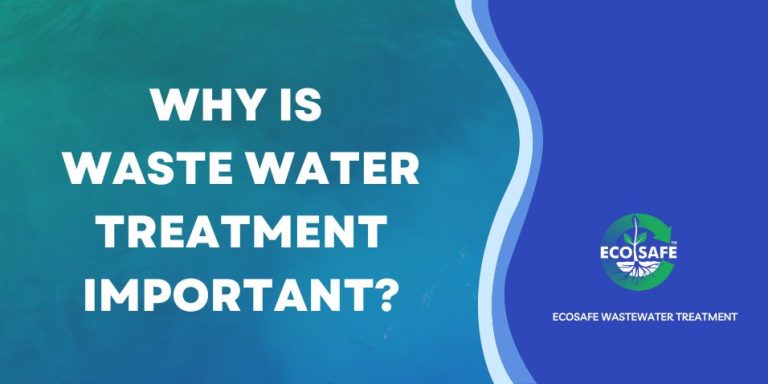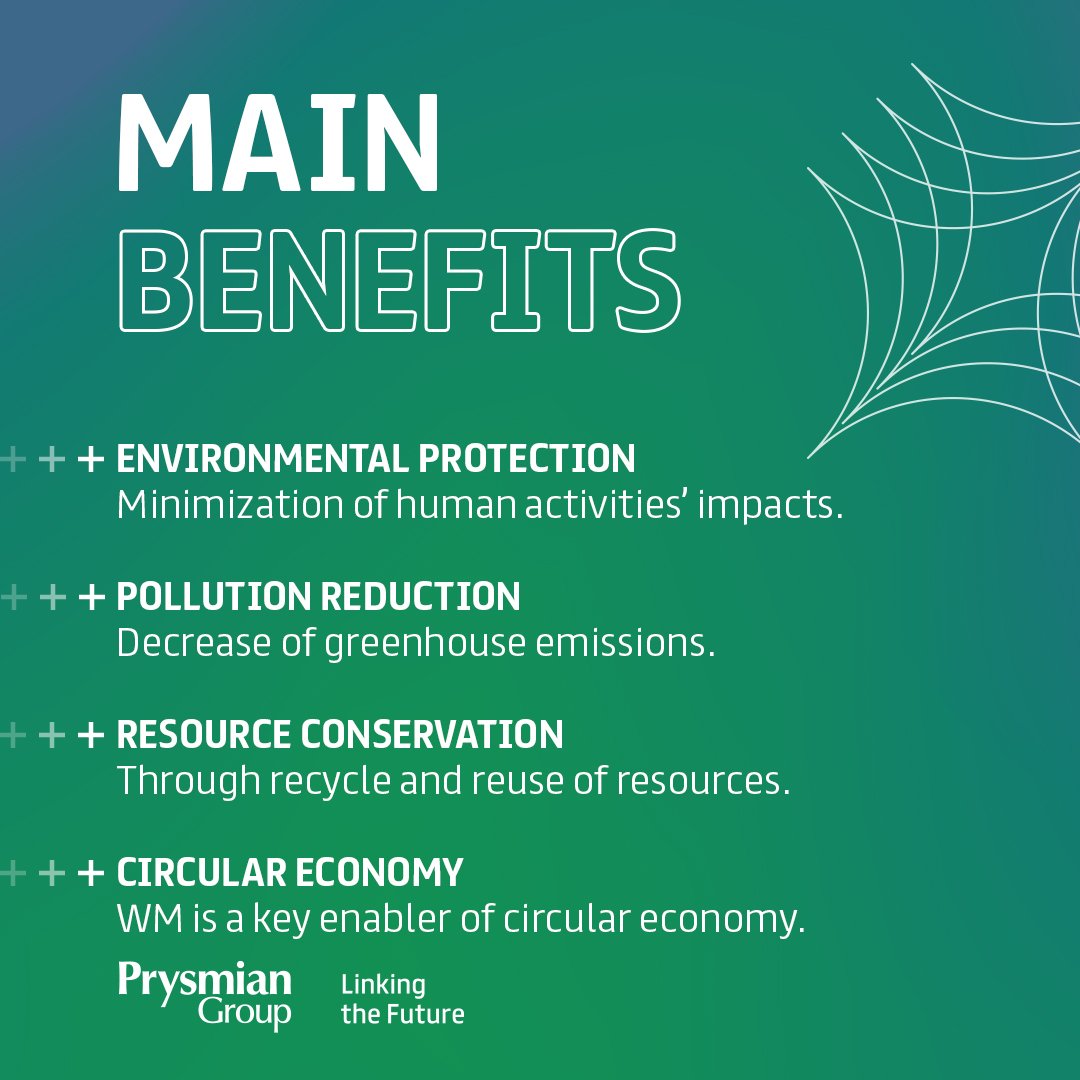Things about Reclaim Waste
Things about Reclaim Waste
Blog Article
Reclaim Waste Fundamentals Explained
Table of ContentsReclaim Waste Fundamentals ExplainedA Biased View of Reclaim Waste7 Easy Facts About Reclaim Waste ShownLittle Known Facts About Reclaim Waste.What Does Reclaim Waste Do?
Residential sewage waste refers to the waste and items from a domestic septic container. The proper monitoring and disposal of domestic sewer waste call for liquid waste to be moved to a sewage treatment plant where the correct methods and tools are applied to cleanse and dispose of waste.
Industrial waste commonly includes potential dangers, such as flammable materials or a mixture of fluid and solid waste items, and requires an extra advanced and comprehensive disposal procedure. The disposal of commercial waste normally includes the purification of waste before transportation to make sure secure and appropriate disposal. Industrial waste is developed from byproducts and overflow of industrial procedures and manufacturing.
This sort of waste can not use the same sewage administration transportation or procedures as septic or industrial liquids. The hazardous waste management procedure requires the inspection and testing of liquid waste prior to it goes through the disposal procedure (liquid waste removal). Drainage waste is the fluid waste that originates from drainage and excess stormwater in highly booming areas or cities
Overflow waste can create contamination and flooding otherwise managed properly. Find out more about drain cleansing and waste management. Ensuring appropriate waste monitoring can protect against disasters and lower environmental injury. Both individuals in property setups and experts in business or production industries can profit from understanding the procedures and policies of fluid waste monitoring.
The Buzz on Reclaim Waste
Call PROS Solutions today to learn more about our waste management and disposal solutions and the proper methods to care for the liquid waste you generate.
(http://tupalo.com/en/users/7813759)This so-called 'wastewater' is not just a crucial resource but, after therapy, will certainly be released to our land, waterways or the sea. Utilized water from commodes, showers, baths, cooking area sinks, laundries and commercial processes is recognized as wastewater.

water used to cool equipment or clean plant and devices). Stormwater, a form of wastewater, is overflow that moves from farming and urban areas such as roof coverings, parks, gardens, roadways, paths and seamless gutters into stormwater drains, after rain. Stormwater flows neglected straight to neighborhood creeks or rivers, ultimately getting to the ocean.
Indicators on Reclaim Waste You Should Know
In Queensland, many wastewater is treated at sewage treatment plants. Wastewater is transported from domestic or industrial sites with a system of drains and pump stations, referred to as sewage reticulation, to a sewer therapy plant. City governments construct, keep and operate most sewer treatment plants. Operators are accredited under the Environmental Protection Act 1994 to discharge cured wastewater at an acceptable ecological criterion into rivers.
The Department of Natural Resources suggests neighborhood governments regarding managing, operating and maintaining sewerage systems and therapy plants. In unsewered locations, regional governments may call for owners to mount specific or family sewage treatment systems to deal with domestic wastewater from commodes, cooking areas, restrooms and washings. The Division of Natural Resources authorises the usage of household systems when they are proven to be effective.
A lot of stormwater receives no treatment. In some new subdivisions, therapy of some stormwater to get rid of clutter, sand and crushed rock has actually started using gross pollutant catches. Wastewater treatment takes place in four phases: Removes solid matter. Bigger solids, such as plastics and other items wrongly discharged to drains, are eliminated when wastewater is gone through screens.
Wastewater then moves right into large tanks where solids settle and are removed as sludge. Grease and scum are skimmed from the surface area. Uses small living microorganisms called micro-organisms to damage down and get rid of continuing to be dissolved wastes and great particles. Micro-organisms and wastes are included in the sludge. Gets rid of nitrogen and phosphorus nutrients that could cause algal flowers in our waterways and endanger marine life.
The Definitive Guide to Reclaim Waste
Nutrient removal is not available in any way sewer treatment plants since it calls for pricey specialised devices. It is ending up being much more usual in Queensland. Clear liquid effluent generated after therapy might still have disease-causing micro-organisms. If this effluent is launched into rivers such as rivers or the sea, the micro-organisms will ultimately pass away out.

This typically implies wastewater needs to be dealt with or pollutants eliminated prior to it can be released to waterways. Most wastewater moves into the sewage system. Under the Act, city governments carry out authorizations and permits for eco appropriate tasks (Ages) involving wastewater releases that might have a neighborhood effect. The department carries out approvals and permits to Ages entailing wastewater launches that might have a local or statewide impact.
Little Known Questions About Reclaim Waste.
Otherwise, samples are considered research laboratory analysis. Usually numerous tests are required to develop the degrees of each of the various pollutants such as oils, heavy metals and chemicals in water. Monitoring supplies valid details about water top quality and can validate that permit conditions are being satisfied. The info acquired with tracking offers the basis for making water high quality decisions.
Report this page